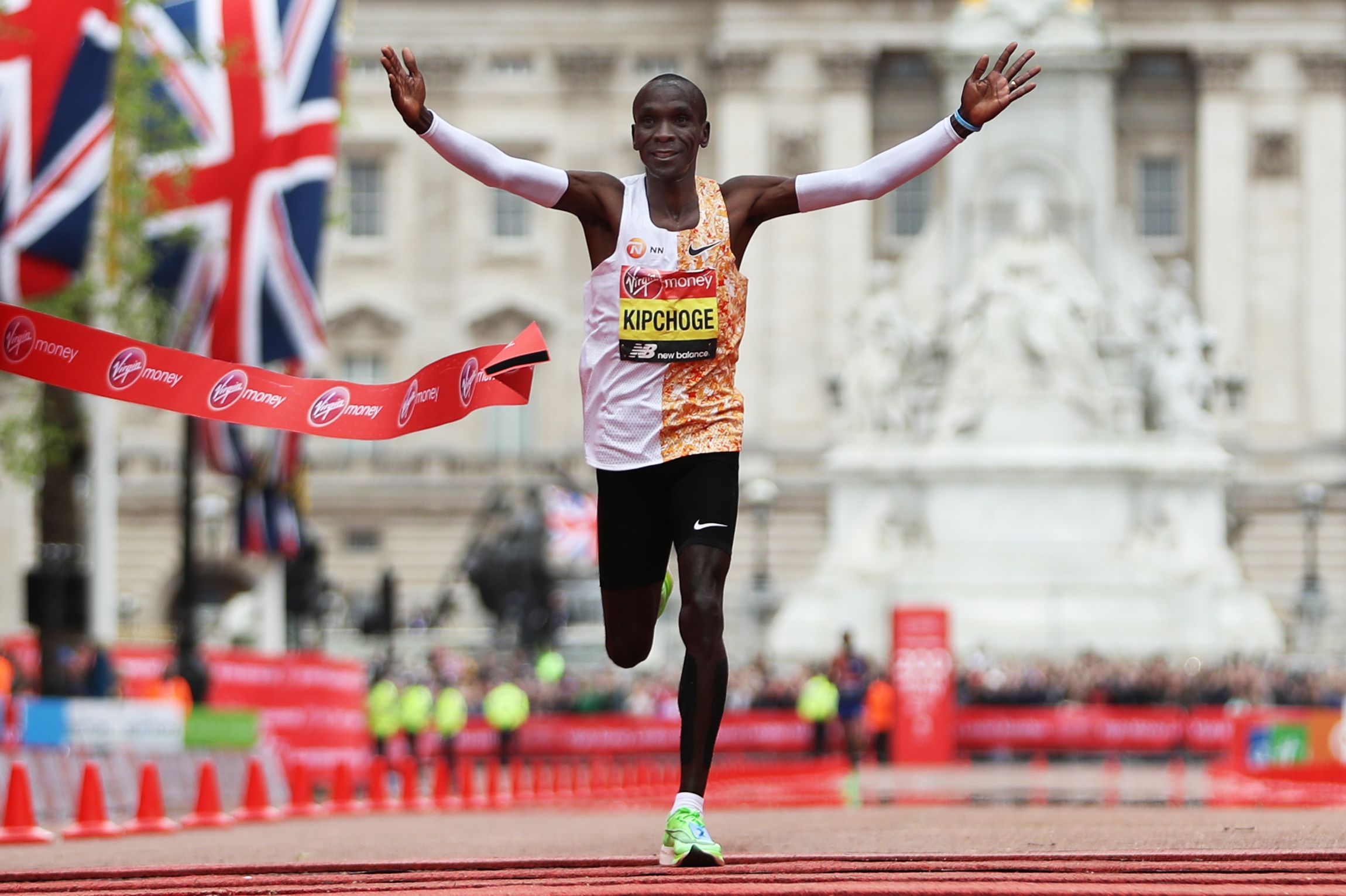In a recent article by Katherine Latham written for the BBC she describes how genetics can affect runner's speed. She begins by describing how some people are natural runners who see rapid progress as they begin to run while others see much less progress. She then goes on to describe some of the genes involved with athleticism, more specifically, running. There are a multitude of genes involved in athletic performance with around 20 specific genes that often contribute to elite athlete's success. ACTN3, often referred to as the speed gene, is one of these genes. This gene encodes for fast twitch muscles fibers, a type of muscle fiber found in high abundance with elite sprinters, weight lifters, and other athletes who's sport involves explosive power.
She then goes on to describe a project undertaken by researches at the University of Essex where researches examined 45 British men and women between the ages of 20 and 40. In this study participants ran for 30 minutes, 3 times a week, for 8 weeks.
Over 8 weeks researcher typically expect to see a 10% increase in cardio respiratory fitness, which is characterized by the measurement of VO2 max. However, what they noticed in participants was a wide range of improvement, ranging from just 5% in some cases to around 20% in others. As a result, they conducted a genotypic analysis of all the runners. What they found was that the runners who improved the most shared 19 specific genes. These genes varied in function. The study also found that fewer than 31% of participants had the correct genetic component to make the most out of training. Despite these findings, it still takes a lot of very hard training to be an elite athlete. This has been historically demonstrated by a rapid progression of running world records. This progression is mostly due to better training techniques.
In my opinion this article is important because it sheds light on what makes elite athletes. Furthermore by knowing this information, it may be easier to predict elite athletes and to make a tailored training program that builds on their genetic makeup. It also shows people that it is natural to have different running speeds and that lower speeds are not necessarily due to poor skill or failed training.

Hi Brian,
ReplyDeleteGreat post! I think this is important because in her research of the genetic basis of running speeds, Katherine Latham of the BBC highlights genes such as ACTN3 and the results of the University of Essex study about individual training responses. This study gives light on the complex interactions between genetics and training results, providing important information for personalized training plans and understanding athletic ability.